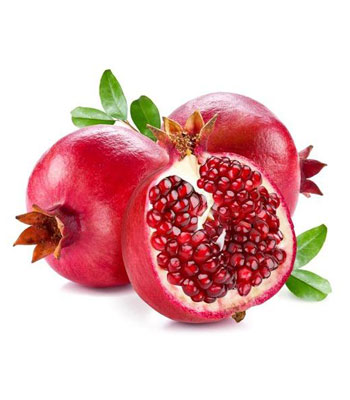Lemons are a popular fruit that people use in small quantities to add flavor to food. However, they rarely consume them alone due to their intense, sour taste.
Lemons give flavor to baked goods, sauces, salad dressings, marinades, drinks, and desserts, and they are also a good source of vitamin C.
One 58 gram (g) lemon can provide over 30 milligrams (mg) of vitamin C.
Vitamin C is essential for health, and a deficiency can lead to health problems. The early explorers knew this and took lemons on their long voyages to help prevent or treat scurvy, a life-threatening condition that was common among sailors.
This article looks at the nutritional content of lemons, their possible health benefits, ways to use them in food, and any potential health risks.
Lemon contains significant amounts of citric acid, which accounts for its immune-boosting, antibacterial, and antiviral properties.
Drinking lemon juice can help improve kidney and heart health and can aid in weight loss, too.
The oil from lemon peel is often used in furniture polish, detergent, soaps, perfumes, and other body care products. The dehydrated peel from a lemon is often used in cattle feed.
While lemon is generally thought to be safe, excessive consumption can result in tooth erosion due to its acidic content
For more information about Vegetables & Fruits, please fill the form or send your Express inquiry.














Reviews
There are no reviews yet.